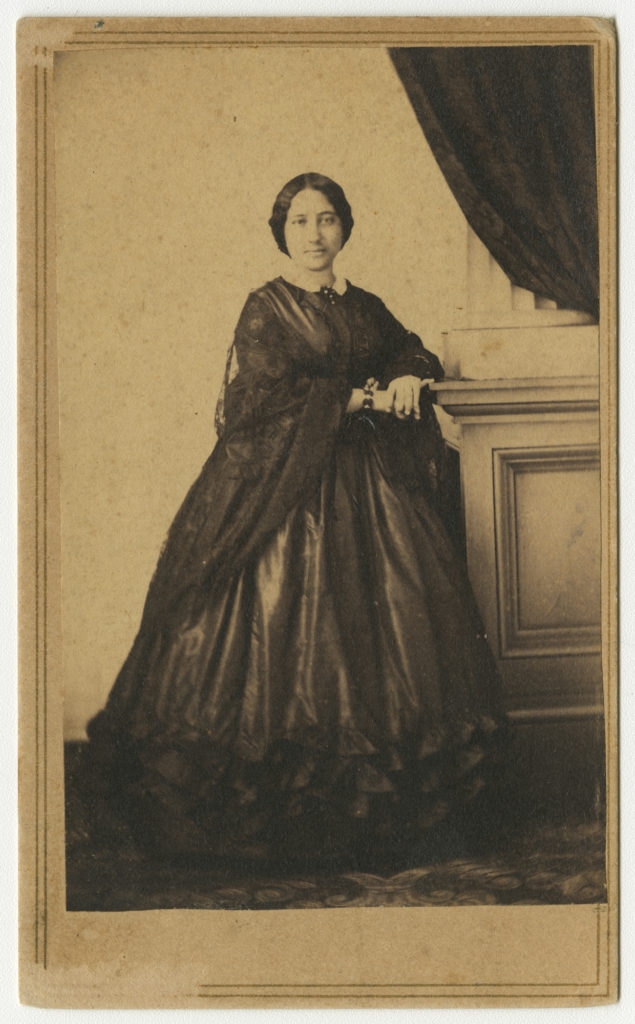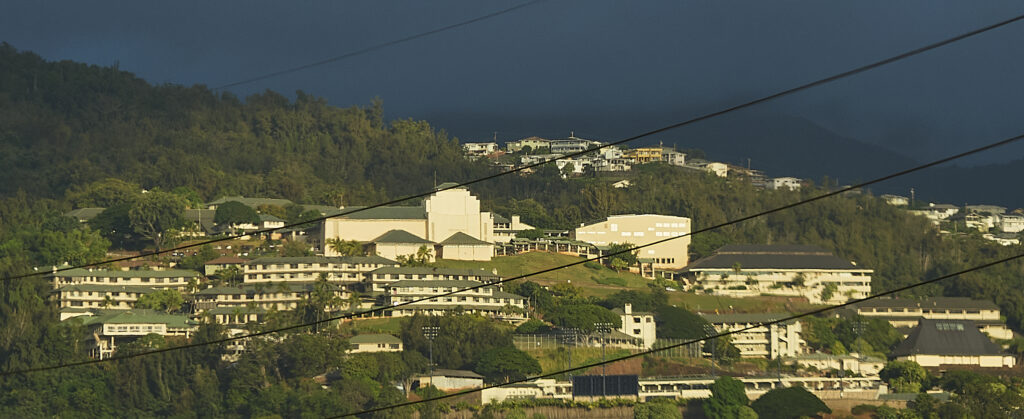Just last month, conservative anti-affirmative action group Students for Fair Admissions challenged the legality of Kamehameha Schools in Hawaiʻi, which favors Native Hawaiians, in an effort to expand the legal definition of racial discrimination in education.
SFA, which had success in the 2023 Supreme Court case that ended race-conscious affirmative action in American college admissions, has deemed Kamehameha’s admissions policy “unlawful” and “discrimination against non-Native Hawaiians,” eagerly seeking to end it.
As a Hawaiʻi local, born and raised, the Kamehameha Schools has long been a source of pride for our islands and part of what we stand for: aloha, which means love, compassion, respect, and unity.

Ideas showcases stories, opinion and analysis about Hawaiʻi, from the state’s sharpest thinkers, to stretch our collective thinking about a problem or an issue. Email news@civilbeat.org to submit an idea or an essay.
Established through the legacy of Princess Bernice Pauahi Bishop, the last royal descendant of the Hawaiian Monarchy, the mission of the Kamehameha Schools is to improve the well-being of people of Hawaiian ancestry through education in the face of Western colonization.
It is a place that cultivates Native Hawaiian students to become successful in their future pathways as leaders and lifelong learners, but more importantly to address historical discrimination against Indigenous people.
 A noted philanthropist, Bernice Pauahi Bishop left funds that led to the creation of Kamehameha Schools. But the school’s policies are under legal challenge. (Bishop Museum)
A noted philanthropist, Bernice Pauahi Bishop left funds that led to the creation of Kamehameha Schools. But the school’s policies are under legal challenge. (Bishop Museum)Since the illegal annexation of Hawaiʻi in 1893, the islands have been systematically reshaped into a tourist paradise. Resorts and booming businesses are often owned and run by non-Hawaiians, with Hawaiian people employed in the lower-paying service jobs.
The development often benefits outsiders at the expense of the native and local well-being. According to Payscale, housing costs in Hawaiʻi are 206% higher than the national average, and the overall cost of living is 86% higher. This deepened inequality is not only holding back Native communities, but pushing many out of their ancestral lands.
Thus, the admissions policy by no means is to discriminate against non-Hawaiians, but rather designed to help correct these historical injustices. This has been agreed upon by the 9th U.S. Circuit Court of Appeals in 2006 in the Doe v. The Kamehameha Schools decision.
The court recognized that the school was a charitable testamentary trust established by Princess Pauahi, who left her property in trust to create “a school dedicated to the education and upbringing of Native Hawaiians.”
Congress also made repeated findings in numerous laws declaring that the Hawaiian Monarchy was “unlawfully overthrown” with the aid of the United States. Therefore, the court concluded that giving preference to Native Hawaiians is a justified and necessary step toward addressing these lasting injustices.
Moreover, the school receives no federal funding. It is completely funded by the endowment established by the will of Princess Pauahi, including vast landholdings and financial investments. The endowment covers more than 97% of the school’s annual operating costs, with only 3% coming from tuition.
Simply put, the Kamehameha Schools is a private institution founded long before Hawaiʻi became part of the United States.
The school receives no federal funding.
So, what is wrong with a fully privately funded school, founded in the legacy of the last descendant of the Hawaiian Monarchy, and dedicated to uplift Native Hawaiian children while addressing generations of systemic injustice? The answer is simple: nothing.
What is truly wrong is a conservative legal group from Virginia with no ties to Hawai’i and no understanding of the islands’ culture and history, attacking Indigenous sovereignty and culturally restorative education in the name of “fairness” and “anti-discrimination.”
This is not about equality. It is about dismantling any race-conscious policy that threatens white supremacy and power structures. It is about erasing the hard-won efforts to heal from colonization and to restore Native Hawaiian futures. It is about inciting fear and division to fracture Hawaiʻi’s diverse communities.
The Kamehameha Schools is defending more than an admissions policy. It is defending Native Hawaiian dignity, culture, and future rooted in the true spirit of aloha. And if you believe in Princess Pauahi’s vision and the power of aloha, act now and sign the petition.
In Hawaiʻi, we treat each other with love, compassion, and respect, and we are always united as one. Mainland politics have no place here.
And it is crucial for us, locals and allies alike, to stand together in unwavering solidarity with the Kamehameha Schools to protect not only the legacy of princess, but the future of our next generation.

Sign up for our FREE morning newsletter and face each day more informed.
Sign Up
Sorry. That’s an invalid e-mail.
Thanks! We’ll send you a confirmation e-mail shortly.
